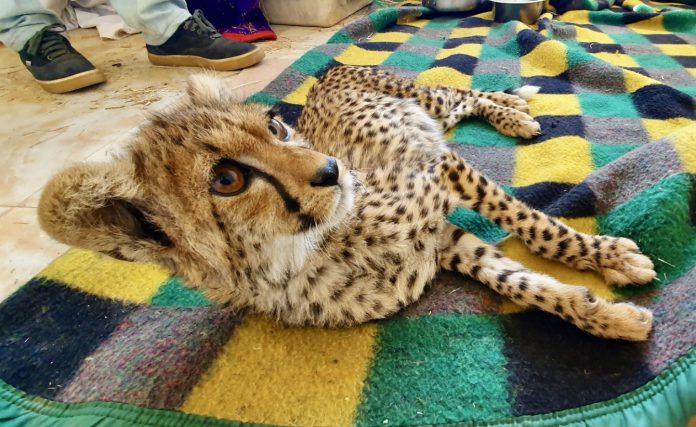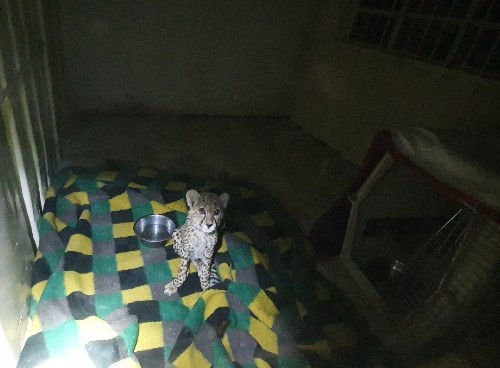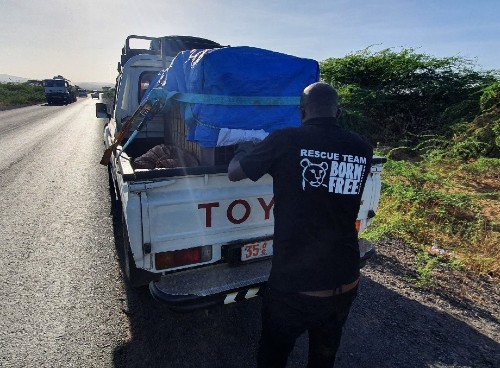You can help all animals and our planet by choosing compassion on your plate and in your glass. #GoVeg
RELATED ARTICLES
Pressure Mounts For Arizona To Ban Dog Pack Hunting Of Mountain Lions, Bears & Other Critical Species
Conservation groups have submitted a petition to the Arizona Game and Fish Commission urging a ban on the use of dog packs for hunting...
Help Save Millions Of Lives This Holiday By Choosing Compassion On Your Plate; Adopt A Turkey Today!
As Thanksgiving approaches, we hope you enjoy a warm and safe holiday. We encourage you to make a compassionate choice by leaving animals off...
Giraffes Are One Step Closer To Receiving Vital Endangered Species Act Protections
In response to a petition and subsequent lawsuit by conservation and animal protection organizations, the U.S. Fish and Wildlife Service (USFWS) has proposed listing...
Popular stories
News
A Federal Court Rules In Favor Of Protecting Critically Endangered Cook Inlet Beluga Whales From Harmful Activities By Oil Company Hilcorp Alaska
In a huge victory for critically endangered Cook Inlet beluga whales, a federal court in Alaska rejected a rule last week allowing offshore oil...
Healthy Living
New Report Reveals That 70% Of Americans Rarely Discuss The Environmental Impact Of Their Food; This Must Change!
American consumers are hungry for more climate-friendly plant-based diets, but need more information, according to results from a national survey released recently by Earth...
News
U.S. Fish & Wildlife Service Sued For Failing To Protect The Last Seven Wild Red Wolves That Are On The Brink Of Extinction
On behalf of Red Wolf Coalition, Defenders of Wildlife, and Animal Welfare Institute, the Southern Environmental Law Center sued the U.S. Fish and Wildlife...





